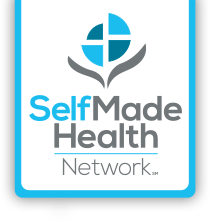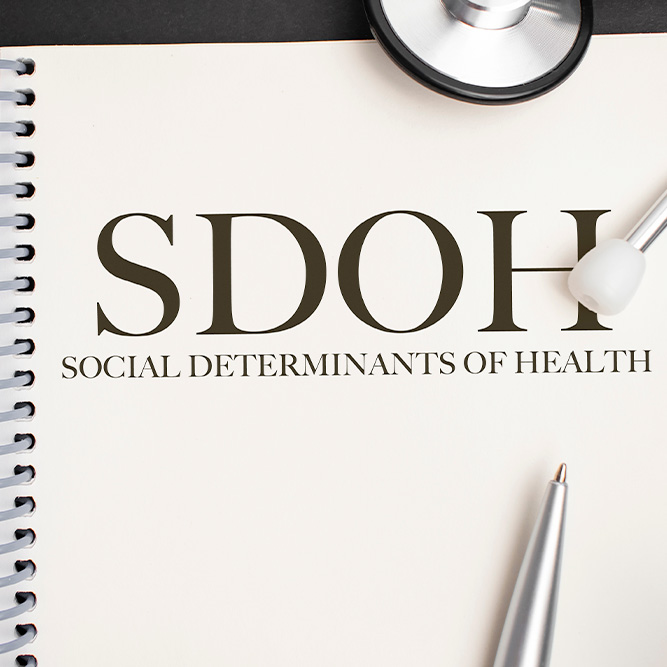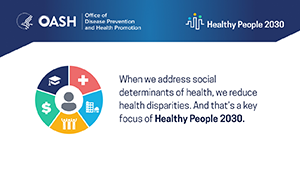
Become a Network Member
Membership is free to everyone. SelfMade Health Network (SMHN) is funded by the Centers for Disease Control and Prevention (CDC). As a result, there are never any fees associated with joining SelfMade Health Network (SMHN) and no costs for services provided by SMHN.
SelfMade Health Network is a national network working together to decrease cancer and tobacco-related disparities among vulnerable communities including low socio-economic status (SES) populations.
We strive to link vulnerable populations to evidence-based information, resources and essential services by nurturing and supporting a partnership with our member organizations. The potential effect of these combined aspects are intended to ensure greater equitable access, increased utilization of preventive and routine cancer care resources, and tobacco-free living environmental support where otherwise unavailable.
Our priority populations include: employees with a low annual income (including minimum wage employees and unemployed), part-time and seasonal employees, uninsured adults, and those receiving assistance from food banks or receiving other forms of state/federal assistance and social services. Populations residing in low-income housing communities and underserved areas with limited healthcare resources, high concentrations of poverty or drop-out rates are also included.
Membership
As a SMHN Member, your organization commits to providing input into the strategic direction of the SMHN so that it continues to meet your needs as a member in your work to address tobacco and cancer related disparities among populations with low socioeconomic characteristics. Additionally, SMHN members are encouraged to share print and electronic information about the SMHN’s initiatives, including resources, tools, and trainings with their respective audience and partners and other stakeholders that may benefit from this information. Lastly, to improve the overall operations of SMHN, members agree to participate in an annual survey to provide SMHN feedback on topics of interest, key challenges in address cancer and tobacco disparities among populations with low socio-economic characteristics and resource and training needs at the state and local levels.

 Social Determinants of Health in Cancer Care (American Society of Clinical Oncology)
Social Determinants of Health in Cancer Care (American Society of Clinical Oncology)